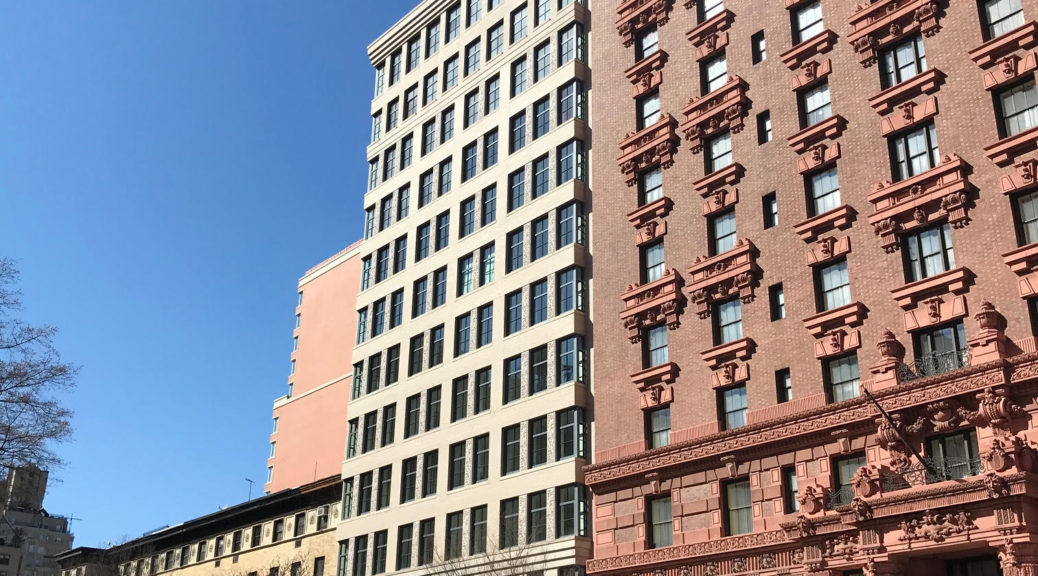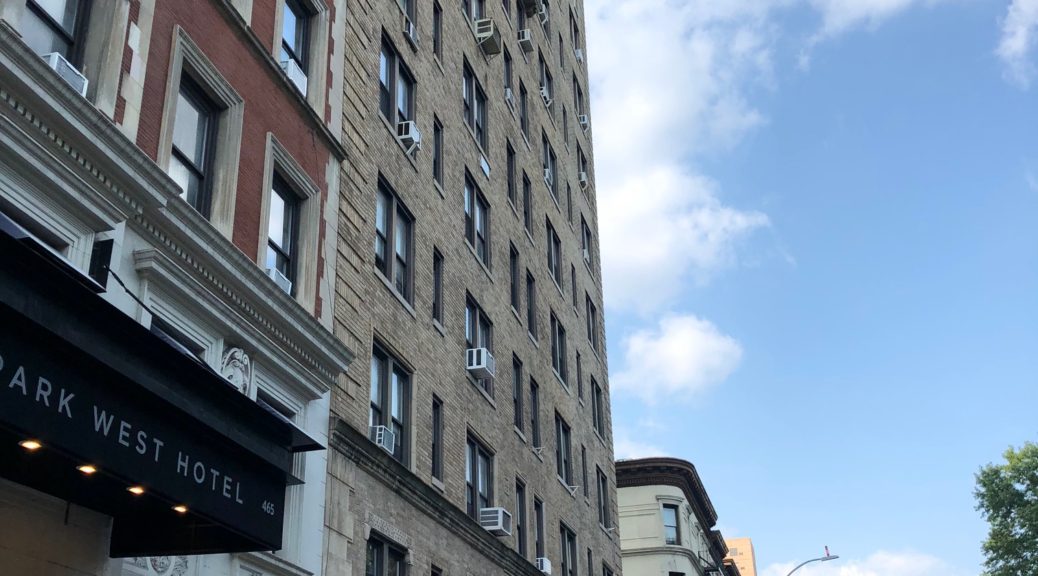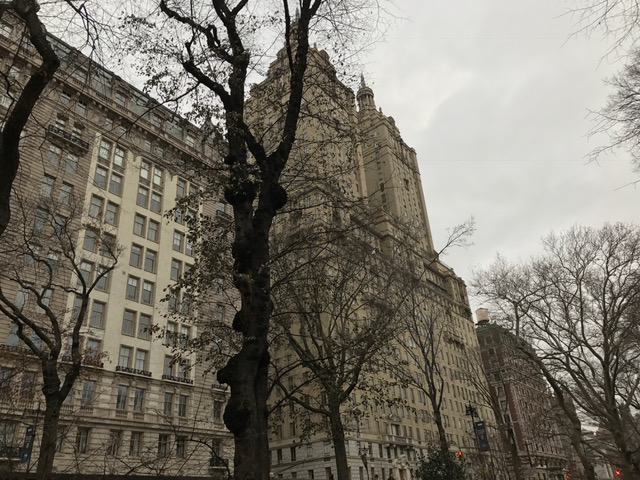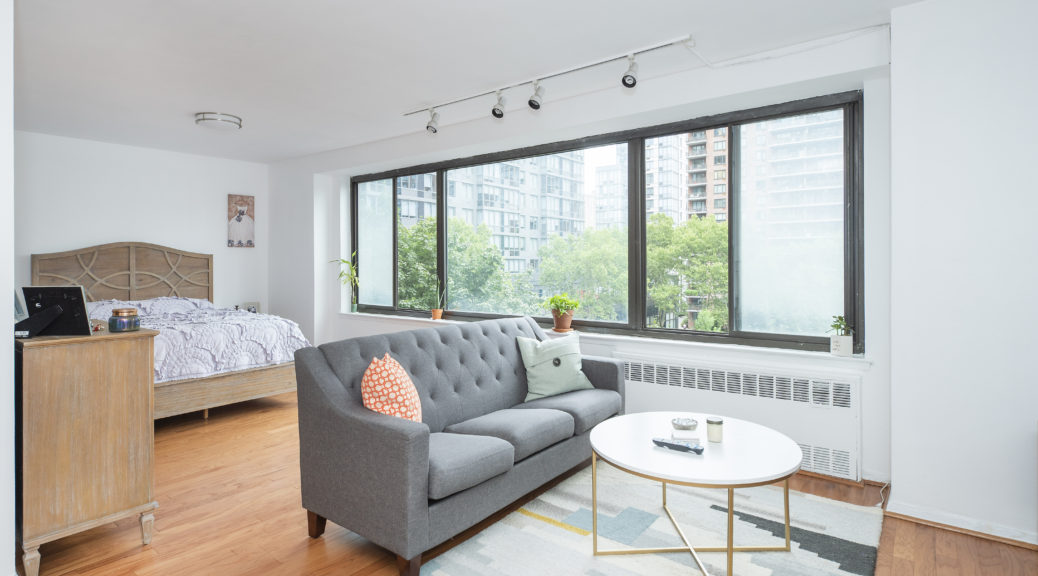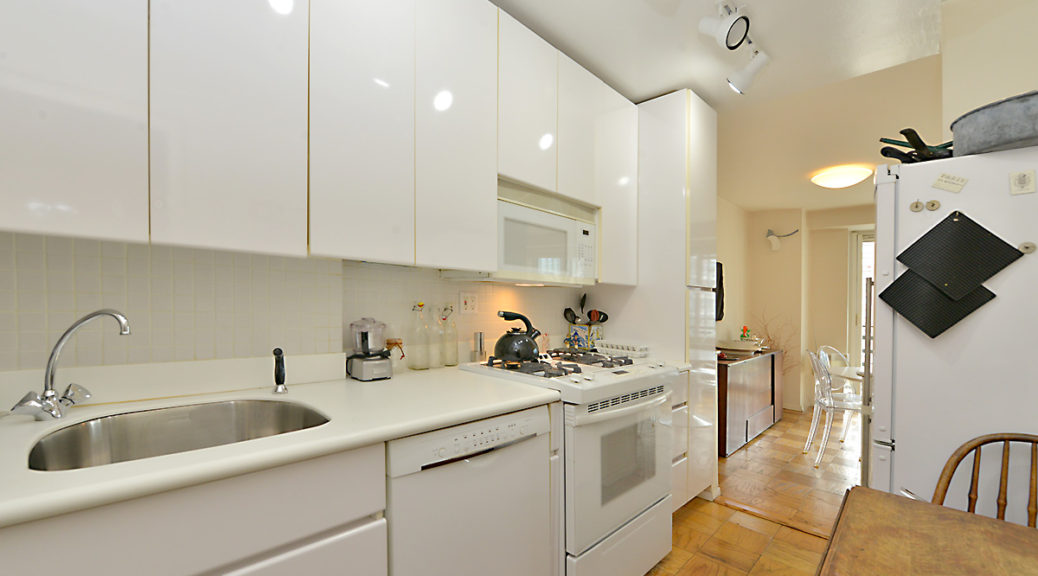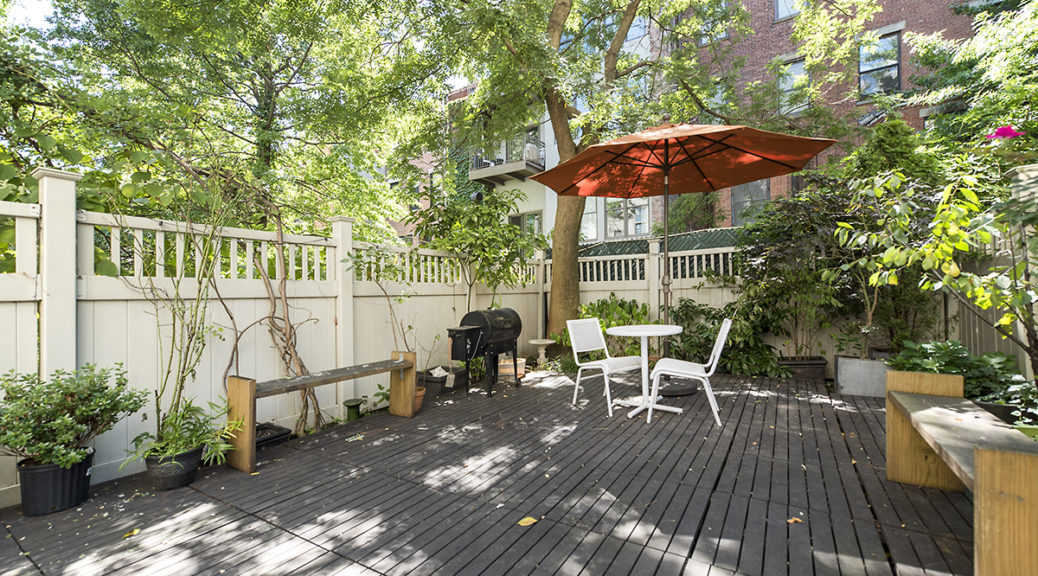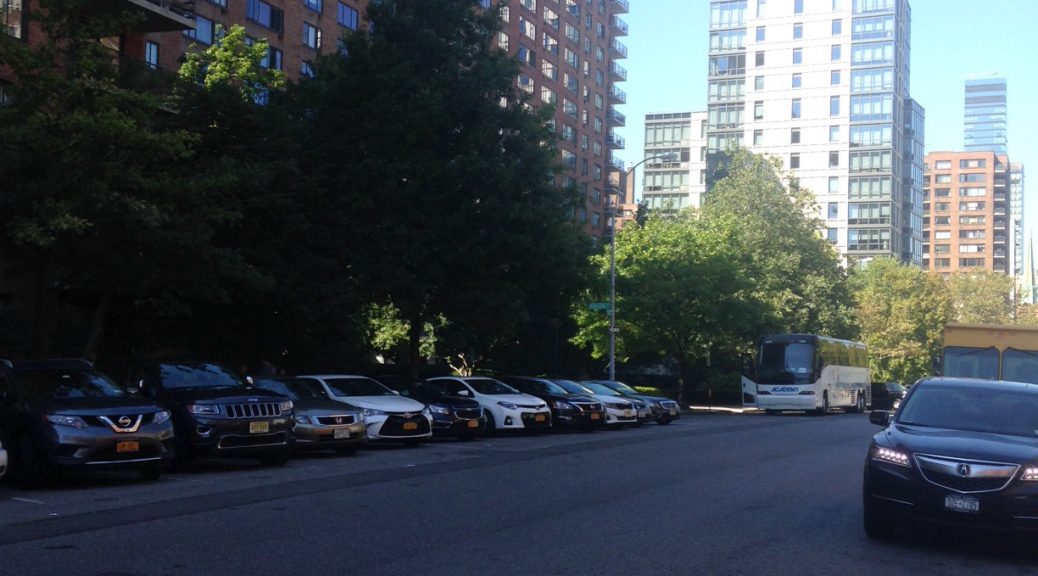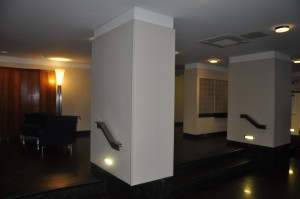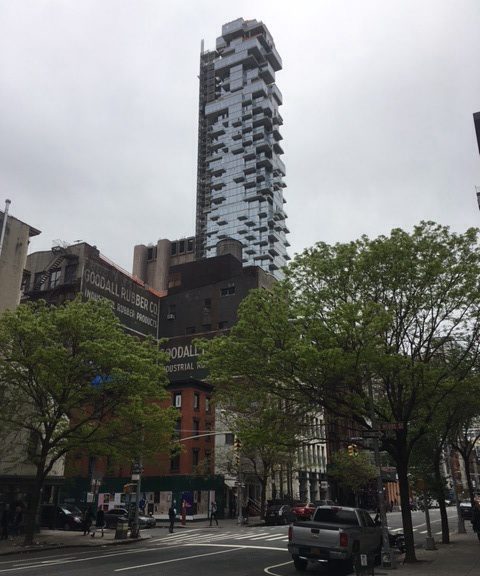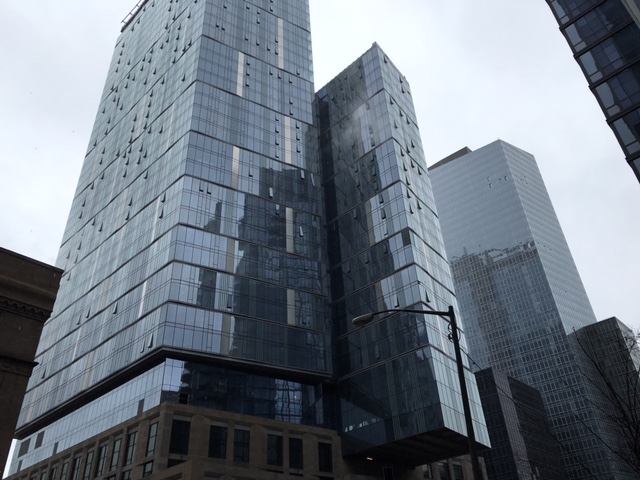Many times, prospective sellers ask if a full or partial renovation will help them to sell their Manhattan apartment? It really depends on several factors.
1-What is the competition like at your price point,neighborhood and building?
2-What is the age of your kitchen, bathrooms and flooring.
3-How long will the renovation take?
4- How much will the reno cost?
5- What is your current market value completely as is?
Let’s look at each one by one.
Competition- If there are several properties for sale that are similar to yours and many of them are renovated, you might have no choice but to do some work in your Manhattan pad before selling. However, if there is a shortage as can be the case for 2 bedroom/2 baths under $2 million for example, the prospective buyer probably will be willing to do the work themselves.
Age of kitchens and bathrooms. If it’s been 30 or more years since the last renovation, you probably will benefit by doing the renovation. If it’s only been about 10 years then the answer is not as clear. Talk to your real estate broker to get an idea of how the apartment will be perceived by a prospective buyer given the age of the renovations.
Length of time for renovation to be completed-If it’s going to be a one year process due to building approval and contractor availability, it might be wise to forego it or scale it down a bit so that it can be completed in less time. Also, timing is an issue here. If the renovation completion date puts you right in the middle of the December holiday season, it might not be the best time to start marketing.
Cost of renovation- If you decide to complete a 6 figure renovation, it might or might not lead to a dollar for dollar return. It most cases it does not. For example if you have a studio apartment of 600 square feet with a value of around $800,000, a renovation of the kitchen, bathroom and flooring of around $50,000 may return dollar for dollar and also lead to a quicker sale. However, a $100,000 reno on the same apartment probably will lead to a quicker sale but not return dollar for dollar.
Sell as is? When you sell as is, you do not complete any renovation and just sell what you have. What you see is what you get and in some cases this might even be the best strategy depending on the above factors and your personal situation. Consult with your real estate broker. Normally, they can recommend a good contractor to do work if that is needed as well as advise you as to what will yield a return and what will not.
If you examine your current market value as is, then you can see if it makes sense to do a renovation, knowing the cost and time involved. For example if the current market value is $2,500,000 and you want to do a $500,000 renovation that will lead to a $3 million sale, it obviously does not make sense. But also consider the time of the year now, market conditions and the time of the year when the renovation has been completed. The purpose of any renovation, large or small prior to selling your Manhattan property is to widen the buyer pool, and make it easier to sell and this has to lead to at least a dollar for dollar return, otherwise save your money and sell as is.
The Author-  Brian Silvestry , a licensed real estate broker, has been selling residential and commercial real estate since 1999. He has sold in every neighborhood from Battery Park City to Washington Heights.
Brian Silvestry , a licensed real estate broker, has been selling residential and commercial real estate since 1999. He has sold in every neighborhood from Battery Park City to Washington Heights.
![]() Brian Silvestry , a licensed real estate broker, has been selling residential and commercial real estate since 1999. He has sold in every Manhattan market from Battery Park City to Washington Heights.
Brian Silvestry , a licensed real estate broker, has been selling residential and commercial real estate since 1999. He has sold in every Manhattan market from Battery Park City to Washington Heights.